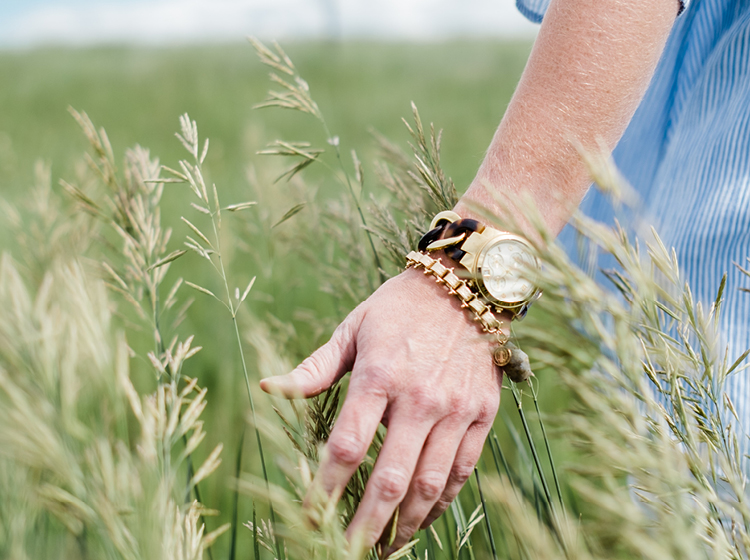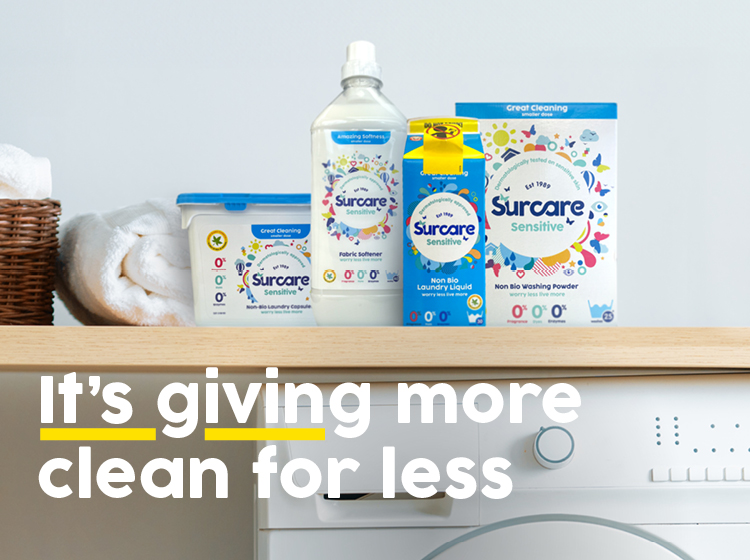Sensitive skin issues affect millions of people in the UK and it is on the rise…
- A Women’s Facial Skincare report found that 32% of British women would now describe their skin as sensitive
- Google searches relating to sensitive skin reached an all-time high in March
- It is now estimated that 15 million people in the UK suffer from eczema, with 1 in 5 children being affected by eczema at some stage
Whilst sensitive skin is something more of us are experiencing, finding the right information and advice can be a minefield. Here we have enlisted the help of a panel of experts in their respective fields to answer the most commonly asked questions about sensitive skin, and to debunk some myths around the topic.
Are There Certain Ingredients, Across All Types Of Products, To Avoid If You Have Sensitive Skin?

Camille Knowles, the founder of The Beauty Of Eczema Skincare Range says: “Sensitive skin needs moisturisation so avoid anything that could cause the skin to dry out. Look for natural ingredients that will pamper and protect the skin naturally by absorbing and retaining moisture. Well moisturised skin is more able to deal with allergens and less likely to get irritated. You should also be extremely careful with the products that you use on broken skin. Always seek advice from a dermatologist or doctor.”
Dr Ruth Cammish says: “It can be helpful to track your symptoms and look for clues of when your skin flares. Is it better when you’re not at work? Does your skin only flare in certain places? Both fragrance and sodium lauryl sulphate (SLS) are used in numerous household products and skin care. SLS is often found in cleansers, shampoos and laundry products. Those of us with a sensitive skin barrier, need those natural skin oils for hydration, so SLS containing products can lead to dryness and irritation.”
How Can I Stop My Sensitive Skin From Getting Worse?

Can Eating Certain Foods Help? Are There Any Foods To Avoid?

“Other nutrients for skin health are Zinc, Vitamin A, C and E. Meat, shellfish, chickpeas, lentils, nuts and pulses, eggs and dairy are all great sources of Zinc. Whilst eating an array of fresh fruit and vegetables will provide the vitamins and nutrients that you need. Make sure to stay away from high processed foods.”
Camille Knowles says: “I’m a huge advocate of a Mediterranean diet and all of those healthy fats and vegetables really will help to nourish you from the inside out. Up the amount of green vegetables, oily fish, lean chicken, pulses and good fats that you are eating and your skin will thank you.”
“One of the other key factors to keeping your skin looking its best is hydration. You can never underestimate the difference this will make and drinking at least 1.5 litres of water a day is something that you should build into your routine.”
Is Summer Or Winter Worse For Skin Flare Ups And Increased Sensitivity?

“The skin barrier is made up of skin cells, lipids and fatty acids. A crucial part of this outer layer are ceramides, a lipid which acts like the cement keeping a wall from falling down. In winter, dry air, cold winds and indoor heating lead to the skin losing water to the environment. That’s why we need to work extra hard to keep our skin barrier moisturised, to counteract the effects of drier air and lower humidity.”
Camille Knowles says: “I’m a huge believer in the healing power of the sun. Like many people I find that my skin improves in the summer months. There is more humidity so our skin is less dry. More sunlight brings an increase in the sunshine vitamin, vitamin D, which plays an important role in skin protection and rejuvenation. The most important thing is to keep it moisturised and protected with an SPF. Never be disheartened if your symptoms worsen or you experience a flare up during the summer months.”
Does Stress Cause Sensitive Skin?

“When we are stressed our body produces excess cortisol (also known as the stress hormone). It is this hormone working beneath the surface that is responsible for redness, dryness, increased sensitivity, dullness and sagging. Taking steps to manage stress, such as meditation, exercise, time spent outdoors, self-care and a night time wind down routine, can help. It is important to acknowledge that wider factors such as stress, diet and other aspects of our outlook on life can all play their role.”
Camille Knowles says: “Having suffered from chronic eczema since I was young, I know that there are lots of factors that can take their toll on my skin. As such, I’m a huge advocate of taking a mind, body and soul approach to managing my own skincare.”
“I find that when I am focused and happy my skin is at its best. This means that I always try to exercise regularly, spend time outside appreciating nature, take time out to pamper myself, meditate, journal and ensure I have goals and aspirations. All of these things help me keep on top of breakouts and flare ups.”
How Else Can I Reduce The Chances Of My Skin Flaring Up?
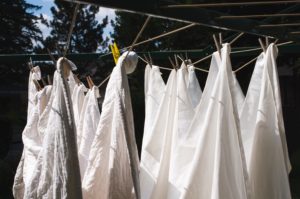
I’ve Never Suffered From Sensitive Skin Before, Why Do I Have It Now?
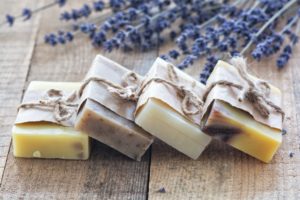
“Another common time to have sensitive skin is over 50. For women, as the hormone oestrogen drops with the menopause, skin becomes less elastic and tends to produce less oil. It is a common time for skin to become reactive to fragrance, metal and dyes. These conditions worsen in winter as a dry skin barrier is less able to carry out its protective function. It is more likely to react to allergens such as perfumes, harsh detergents and dust.”
What Are The Tell-Tale Signs Of Eczema Rather Than Just Dry Skin?
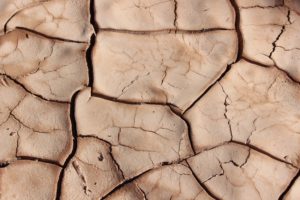
“The symptoms of eczema can be different for everybody. Some people experience intense flare ups, whilst others will only experience mild to moderate symptoms, which may come and go. Breakouts can be extremely painful, especially when the itchiness gets so bad that it is scratched it until it bleeds. This will often make a breakout worse and could cause infection.”



























